HARTLAND — Albert Alexander stood Thursday in front of Wright’s General Store in downtown Hartland, holding his lunch box and looking over at the tannery where he has worked for the past two years.
“When I heard it was closing, it wasn’t no surprise,” said Alexander, 72. “How many mills have closed in the state in the last 30 years?”
Like about 115 other employees at the Tasman Leather Group tannery, Alexander now knows he will be out of a job soon. Tannery officials announced Monday the company is winding down operations in Hartland, with a goal of closing this summer.
The COVID-19 pandemic has had a severe impact on the demand for leather products, and uncertainty about reinvigorating that demand meant the best option was to cease operations at the plant, according to Norman Tasman, president of Tasman Leather Group.
Alexander, who works in the finish department, said he is not so much worried for himself as he is for others who have worked at the tannery for decades.
”Some of the old-timers, how many of them have been in and out of that mill since I was 18?” Alexander said.

Albert Alexander, 72, who has worked at Tasman Leather Group’s tannery in Hartland for the past two years, says he is not surprised the plant is closing. “How many mills have closed in the state in the last 30 years?” he said. Morning Sentinel photo by Amy Calder
Alexander said he grew up in Hartland and quit school after eighth grade to go to work. At 18, he got a job at the tannery and worked there six years before moving to Iowa to keep honey bees.
He eventually moved back to Hartland, where the tannery has been a major employee for many years.
“I’ll get by,” he said. “I work two jobs, here and at a saw mill. It keeps my mind occupied. I’m alone. But the others, where are they going to go is the question, especially the way the job market is?”
At Wright’s General Store, clerk Briana Call, 32, said she knows many tannery workers because they frequent the store.
“They are worried, for sure, especially with everything closed down right now,” Call said. “It’s not going to be easy to find other jobs. I feel pretty fortunate that I’m still working here.”
The office to the tannery was closed Thursday and a sign on the door listed a telephone number, but no one answered several calls.

Ron Webster, 36, who works as a color matcher at Tasman Leather in Hartland, says he does not know where he will look for work after his job ends in July. “I won’t get severance,” he said, “but I will try for unemployment.” Morning Sentinel photo by Amy Calder
At the Town Office across Main Street, which is closed to the public because of the COVID-19 pandemic, a woman who answered the telephone said Town Manager Christopher Littlefield had been “behind closed doors” for the past three days, and was not available to head to the parking lot to speak with a reporter.
Littlefield also did not answer a call earlier in the day seeking comment.
Littlefield said Monday, however, he had just learned the tannery was to close and the impact of losing 115 jobs would be significant to the town.
Meanwhile, an employee at Moose Lake Market on Main Street, also in downtown Hartland, declined to comment on the tannery’s impending closure and said store owners were in a meeting and unavailable to comment.
Outside Moose Lake Market, Ron Webster was carrying his lunch cooler as he headed to work at the tannery.
Webster, 36, who works as a color matcher, said he did not know where he will look for work after his job ends in July.

Pat Martin, who has run the Tri-Town Food Cupboard next to the Hartland tannery for 20 years, said businesses will suffer when the tannery closes in July. “I think it will increase the food cupboard’s business, put a lot of people out of work and it’ll hurt the storekeepers in town,” she said. Morning Sentinel photo by Amy Calder
“I haven’t even thought about it,” he said. “I just found out Monday. I won’t get severance, but I will try for unemployment.”
Pat Martin, who has run the Tri-Town Food Cupboard next to the tannery for 20 years, said businesses will suffer because of the tannery’s closure.
“I think it’s going to hurt the town of Hartland bad,” she said.
“I think it will increase the food cupboard’s business, put a lot of people out of work and it’ll hurt the storekeepers in town — like Nettie’s Lunch, the place on the corner, because a lot of people from the tannery go in there at break time or call and order something and pick it up.”
Bob Tompkins was sitting in his vehicle Thursday on Commercial Street. He said the loss of the tannery will make Hartland feel like a ghost town.
Tompkins, an educational technician in Norridgewock for 27 years, recalled working at the tannery for seven years after he returned from the military, which he entered after high school in 1975. He was a flesher in the tannery.
“I liked the job that I had in there,” said Tompkins, 63. “They do make good quality leather.”
Tompkins looked around Commercial Street at the vacant storefronts, including the tannery outlet store, which closed about five years ago.
“That used to be a booming store,” he said, pointing to the former Doyle”s grocery store next to Wright’s. “There used to be a diner across the road. There used to be a big apartment complex.”

Bob Tompkins, 63, said the tannery’s closure will make Hartland seem like a ghost town. Tompkins worked as a flesher at the tannery. “I liked the job that I had in there,” he said. “They do make good quality leather.” Morning Sentinel photo by Amy Calder
Tasman supplies premium leather produced in the United States for footwear, military items, garments, handbags and hospitality purposes.
The company makes high-quality leather items for U.S. brands and the U.S. armed forces, and owns specialized formulas used to create better-known leathers, including those sold under the Pitstop, Rage, Old Town, Retro, Ram Tough and The Original Crazy Horse brands.
Tasman, the company president of Tasman, said Monday in a company-issued statement that officials are “deeply disappointed to end the tannery’s extended history, the last nine years of which are the product of a major restructuring and restart when the current ownership took control of the Prime Tanning facility.”
“The commitment and support that we received from our employees and our customers as we sought to adapt to structural changes in our markets has been remarkable,” Tasman said.
He did not respond to an email seeking comment about whether employees who will be displaced will get help in finding other employment.
Tasman itself has been in operation since 1947.
Information at the company’s website reads: “For nearly 70 years now, the Tasman Group has been and continues to be a reliable processor and supplier of premium USA Hides and Skins to the global markets. Having a sustainable network of suppliers from coast to coast has allowed our volumes to steadily increase from the 4 hides, in 1947, to the approximately 160,000/week produced today in 2014. That means nearly, of all the USA cattle, 1 of 4 comes through a Tasman facility.”
Several years ago, the opportunity to acquire the Hartland tannery, one of the most-recognized finishing tanneries in the world, presented itself, according to information from Tasman.
According to the company: “The facility located in Hartland, Maine, had fallen under hard financial times, but maintained a talented and highly skilled group of American leather makers that would be a shame to stand by and fall to the wayside. After acquiring the tannery, we spent countless hours restoring the vintage facility and getting the heart and soul back into the leather. During this massive transition, we came across hundreds of precious formulas from deep within our tannery archives.”
Information provided by the Hartland Historical Society shows the first tannery in town was built in 1828 by Hiram & Thomas Dorman, on the lower end of Main Street, and later it was sold to Edward Hall Page Jr. A flood in 1887 caused major damage to the Page Tannery, forcing the tannery to close soon thereafter.
Greenville Shaw’s tannery, located on the upper dam, also ceased to operate.
In 1935, the Hartland Tannery Co. was founded by Meyer Kirstein and opened in 1937 in a former American Woolen Co. mill building. The tannery was sold in 1962 to Seagrave Corp.
In 1990, all operations except the leather division were sold, and the company became Vista Resources Inc. Controlling interest in Vista was assumed by the Fuqua Family of Atlanta, which began to modernize the tannery.
In 2005, Irving Tanning filed for bankruptcy protection. By September of that year, it had emerged from bankruptcy and was sold to Meriturn Partners LLC.
In 2007, Irving Tanning merged with Prime Tanning Co.
Send questions/comments to the editors.


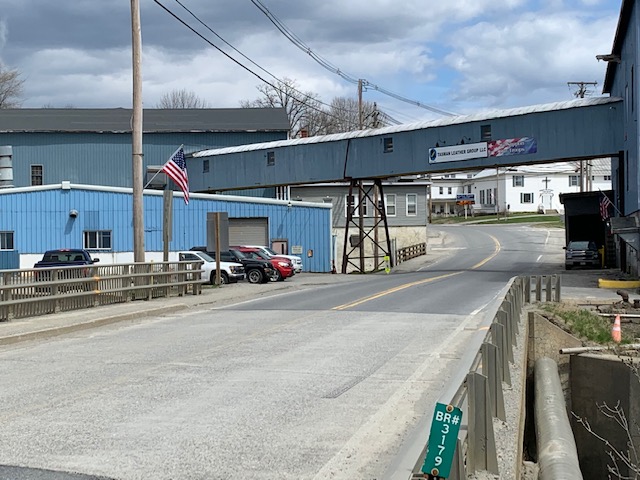
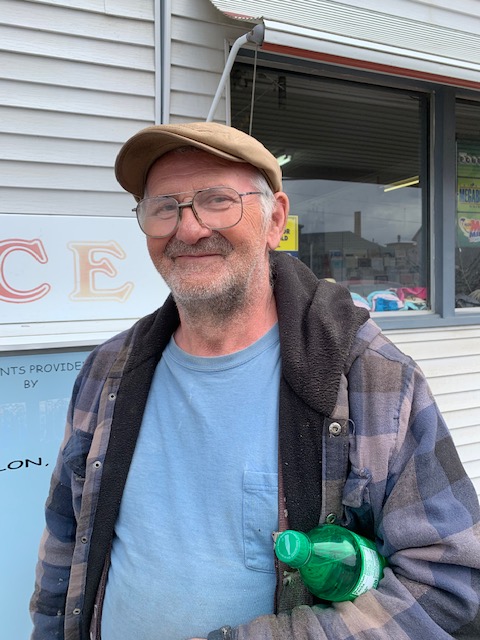
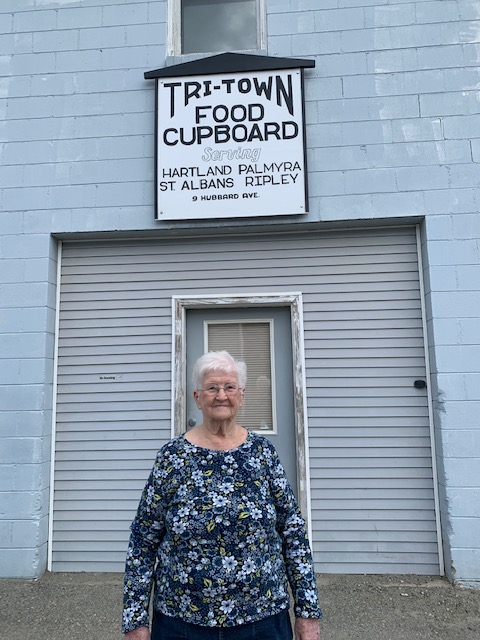
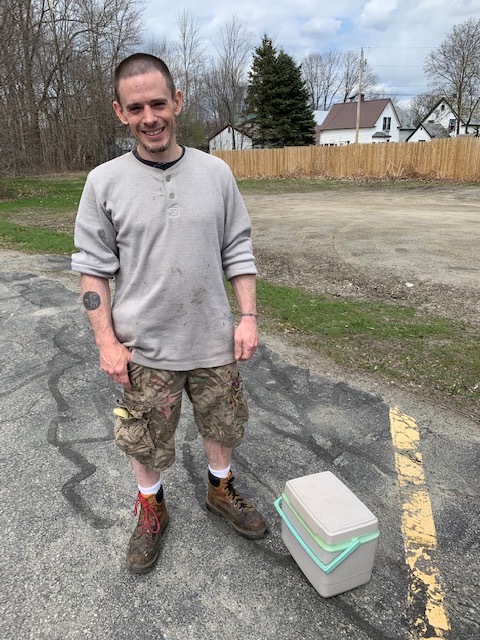

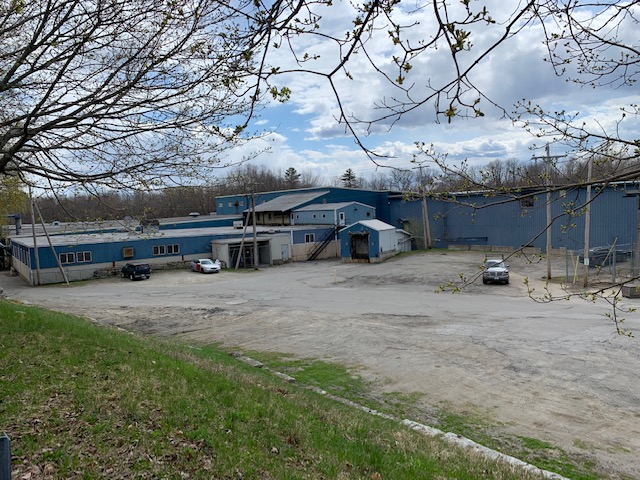

Comments are no longer available on this story